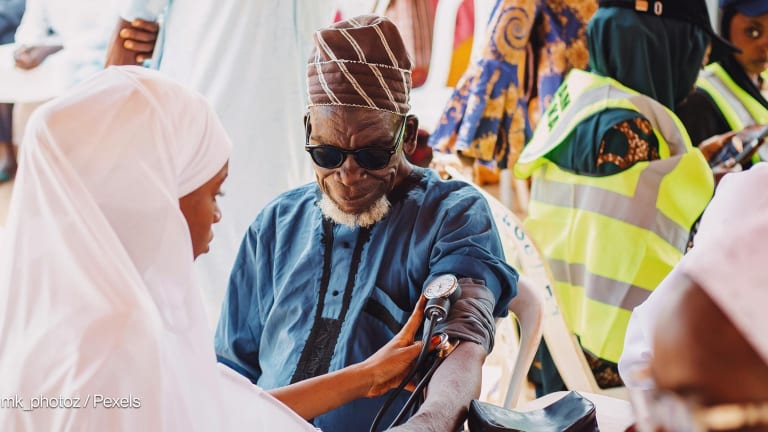
All eyes are on Cuba as U.S. President Barack Obama and at least 20 members of Congress descend on Havana today. While members of the delegation differ on the best path forward for U.S.-Cuban relations, everyone hopes for economic development that improves the quality of life for the average Cuban. What are the next steps for development in Cuba? And, how can the international community help Cuba preserve the educational and health gains of the Cuban revolution, while also updating its failing economic model?
Today, with no external patrons to buoy its socialist system, Cuba is being forced to reform its economic model on its own. Important steps have been taken since Cuban leaders approved landmark economic reforms in April 2011. But challenges remain, and reforms are incomplete. As Cuba continues to work toward a more open, hybrid economic model, its social gains will come under stress, and development programs and external investment will be needed more than ever. But before sustainable development can take root, Cuba needs a modern, functioning financial system.
Read related stories:
► Cuba's development priorities in the new landscape
Despite high expectations for quick change after Obama restored diplomatic relations in 2014, the majority of Cubans still do not make a living wage. The average monthly salary in Cuba is roughly $25, and about three-quarters of Cuba’s workforce is employed by the state. To make ends meet, Cubans rely on remittances, which account for approximately 70-80 percent of capital invested in businesses, and disproportionately favor those with connections to the national diaspora. The solution is not to make remittances more equitable, but to unleash the power of finance and make dependence on remittances unnecessary.
Since taking power in 2007, President Raúl Castro has created a space for small and medium-sized private enterprises, or “cuentapropistas” as they are known in Cuba. About 9 percent of Cubans are self-employed, but these ambitious Cubans lack access to the resources and training necessary for continued growth and prosperity. This is an area where Cuba and the international community can work together.
Microfinance is only available through local, state-owned banks, which cannot afford to provide the scope of financing needed in the country. Microfinance is expensive, and Cubans have little experience with microloans and credit scoring. To encourage external finance to the island, the Cuban government must allow international microfinance banks to operate and must be more welcoming to nongovernmental organizations.
The U.S. should play a more positive role in this process. To begin, the U.S. government can liberalize banking rules, as well as clearly signal to foreign banks that they will not be prosecuted for operating on the island. The U.S. private and philanthropic sectors could also prioritize business training for budding entrepreneurs. Cuba Emprende — a training and advisory program for Cuban entrepreneurs run by the Catholic Church and funded by a U.S.-based foundation — can serve as a great model.
Cuba Emprende is licensed by the Office of Foreign Assets Control of the U.S. Department of the Treasury, and does not accept funds from the U.S. — or any other — government. It is the largest entrepreneur training program on the island and provides Cuban entrepreneurs with training in human development, marketing and management, finance and accounting, and sales and customer service. Together with microfinance, these skills and business know-how are essential for young, small businesses to be successful.
But we cannot stop there. Cuba’s crumbling infrastructure and archaic financial system require large-scale investment and expertise from international financial institutions and the private sector. Through technical advice and assistance, the IFIs can help Cuba address currency unification, poor statistical data, and exchange rate management. IFIs could also help to craft new laws and regulations consistent with international best practices and create targeted strategies for individual sectors and firms. Until progress is made on these fronts, serious international investment will remain elusive.
While IFIs can work with Cuba to create the environment necessary to attract investment, the U.S. holds the key to unlocking this possibility. Obama has normalized relations with the island, but he must take the first step to normalize relations with the IFIs vis-à-vis Cuba by signaling that the U.S. will not mobilize against Cuban accession.
With the changing geopolitical and economic landscape in Cuba, the opportunity and need for sustainable development will increase. A solid financial foundation is key for its success. Cuba needs — and Cubans deserve — a modern financial system. Today the door is opening for increased economic liberties for Cubans; we should walk through it.
Join the Devex community and access more in-depth analysis, breaking news and business advice — and a host of other services — on international development, humanitarian aid and global health.








